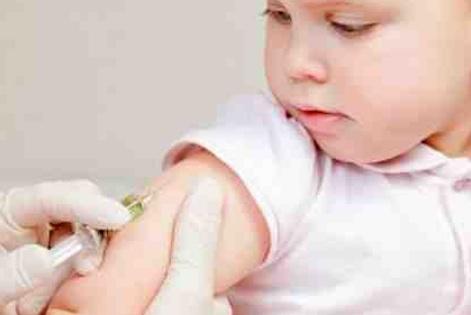Parents are being urged to ensure their children are fully vaccinated against measles after two children in WA were recently confirmed with the disease.
Director of Communicable Disease Control Dr Paul Armstrong said two unvaccinated children in WA had been diagnosed with measles over the last week.
The children, aged 13 months and 15 months, are not related and have had no known contact with one another.
“Neither child has travelled overseas recently, but one of the children is known to have had contact with an adult who recently became infected with measles in Bali,” Dr Armstrong said.
“This child also attended a childcare centre prior to the onset of their illness, but was unlikely to have been infectious at that time.”
As a precautionary measure, the Department of Health has provided information about measles to staff and parents of children who attended the childcare centre.
No suspected measles illnesses have been reported among the other children who attend the centre.
Dr Armstrong said that it was possible that more measles cases would occur in Western Australia over coming weeks.
“Measles is highly infectious but can be prevented through vaccination,” Dr Armstrong said.
”Children in Australia are recommended to receive their first vaccination with Measles Mumps Rubella (MMR) vaccine at 12 months of age with a second measles vaccination given between 18 months and 4 years of age.
“Any parent who is not sure whether there child has been appropriately vaccinated against measles should consult with their child’s health care provider.”
A person is considered immune to measles if they have received two doses of the measles-containing vaccine or were born before 1966.
Symptoms of measles include fever, runny nose, inflamed eyes and cough, followed a few days later by a red blotchy rash. It is contagious for up to five days before the development of the rash and for four days after it starts.
Complications following measles can be very serious and may include ear infections and pneumonia in about 10 per cent of cases. Around 50 per cent of cases may require hospitalisation and about one person in every 1000 will develop encephalitis – an inflammation of the brain.
“Naturally occurring measles has been eliminated from WA for over a decade but occasional cases and small outbreaks occur associated with tourists or WA residents returning from overseas,” Dr Armstrong said.
“These recent cases serve as a reminder about the need to ensure children are up-to-date with their immunisations to protect them from measles and other serious infectious diseases."



















__small.png)










